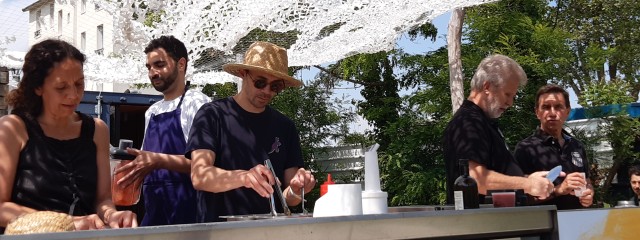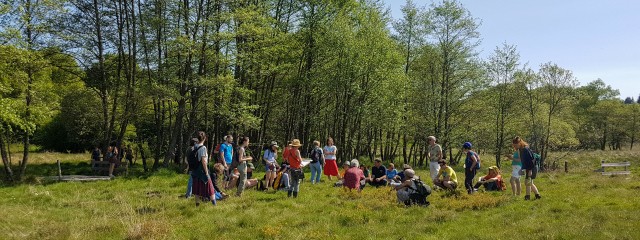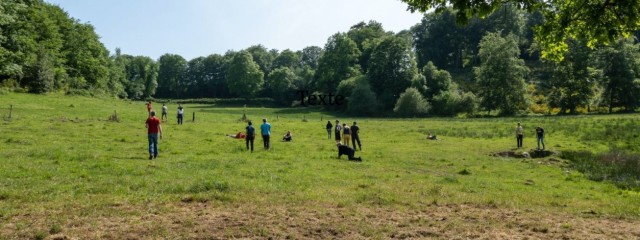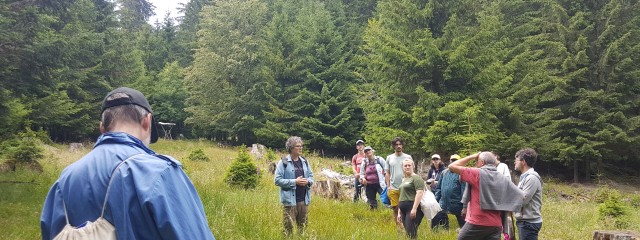The processes promoted by IASPAT open up new ways of acting in the face of the profound mutations of our times. The fruit of many years of experimentation, our intervention today revolve around three main areas:
- Organizational transformation to support the ability to navigate uncertainty, accept emergence and reinvent oneself in the face of complex challenges.
- Coexistence and cohabitation to reconsider ways of making society based on the need to cohabit with other forms of life.
- Ecology of Knowledge and Care: rethinking knowledge as a situated practice of attention and responsibility, deeply intertwined with the care of milieux and the living beings we cohabit with.
1. Transforming organizations
Strengthening the evolutionary capacities of organizations in a world of increasing instability
By cultivating sensitive listening, situated cooperation, and collective reflexivity, our approaches foster shifts in representations, grounded in what lived situations bring to light — fertile ground for inventing new ways of thinking and acting. In this way, we help organizations become more robust, attuned to weak signals, and capable of turning uncertainty into a driver for transformation.
Types of realization :
- Executive coaching: Coaching of executives and managers within an original training program designed to rethink decision-making frameworks and develop skills for leading heterogeneous groups in the face of uncertainty.
- Transformation of industrial companies: Tailor-made design of processes adapted to complex organizations - in technical, scientific or industrial sectors - combining collective agility, sensitive anchoring and adjustment to realities on the ground.
- Public Innovation: Deploying collaborative and situated approaches that transform postures, modes of cooperation, and ways of inhabiting institutions, grounded in the concrete situations experienced by public actors.
2. Coexistence and cohabitation
Co-creating society with other living beings by shifting from coexistence to cohabitation
We help public and private players to rethink the normative and operational frameworks that structure environmental actions - CSR approaches, transition strategies, adaptation plans, etc. - by facilitating an intimate and democratic appropriation of the challenges of preserving and restoring biodiversity. It's all about designing fruitful cohabitations, based on active recognition of our interdependence with ecosystems - and the ethical, political and practical implications this entails.
Types of realization :
- Immersive process to experience cohabitation situations from the perspective of other living beings.
- Sensitive and prospective mapping workshops to engage a plurality of stakeholders in collective reflection on cohabitation with a specific landscape.
- Structuring networks of rural places and players to collectively explore desirable futures and invent new forms of cohabitation and territorial organization.
3. Ecology of knowledge and care
Regrounding the ecology of knowledge in the care of living worlds
We work to reweave the links between knowledge, milieux and care practices. Our approach aims to insert knowledge practices into a broader ecology, where knowledge and care become inseparable. In this context, knowledge is no longer an abstract end in itself, but a condition for the sustenance and transformation of living milieux.
Types of realizations :
- Exploratory work with scientific observatories on their functions and uses, anchoring them more firmly in ecological care, openness to other forms of knowledge, and the involvement of local players.
- Support for farms and agricultural collectives: Partnerships with places like Ferme de La Mhotte and GAEC de Montlahuc, to explore new ecologies of agricultural knowledge, sensitive to the ecological landscape, living organisms and care practices.







